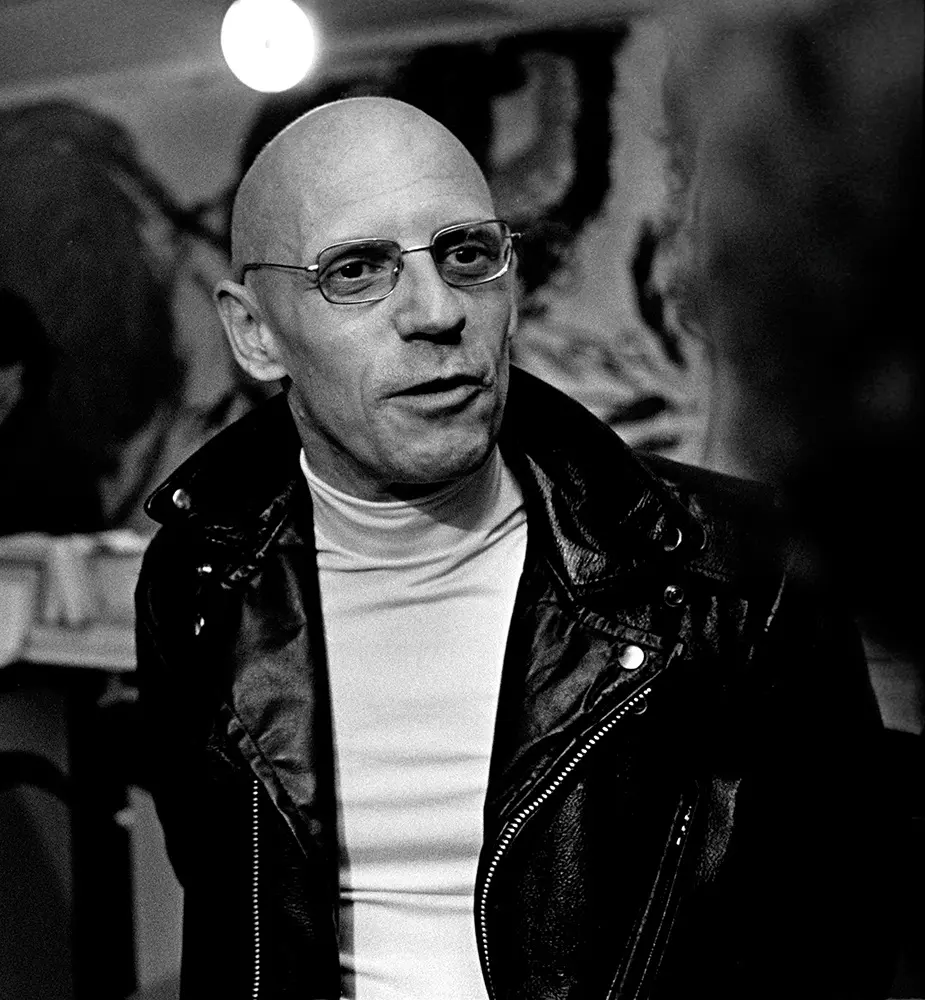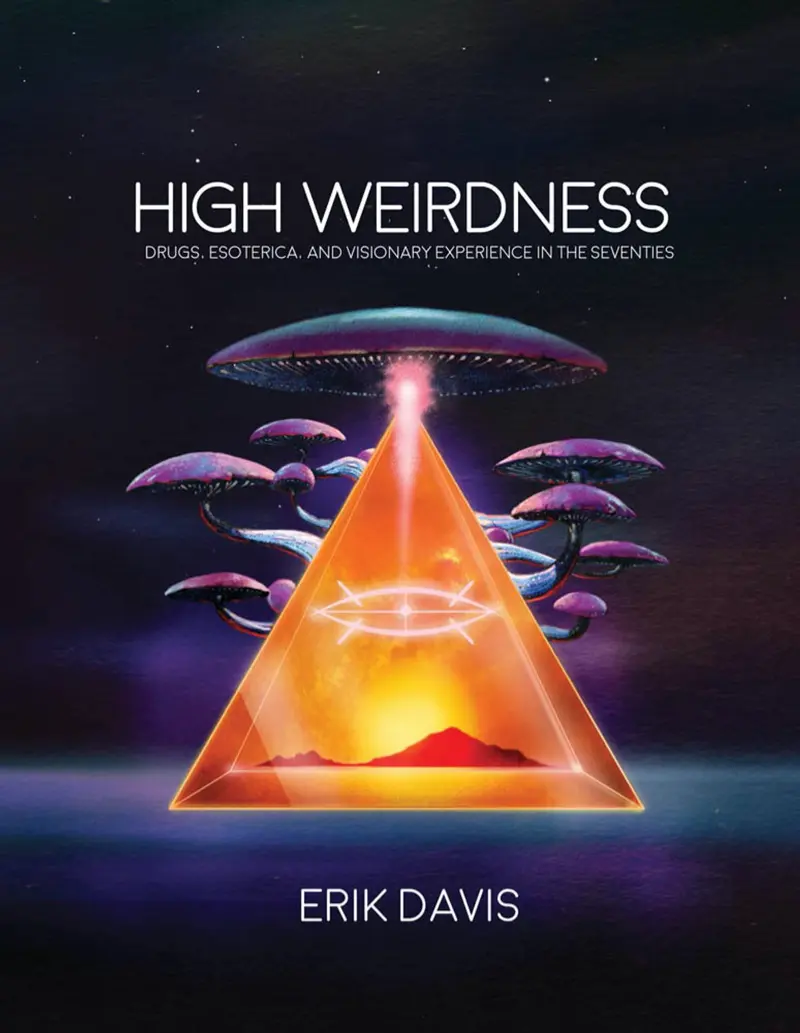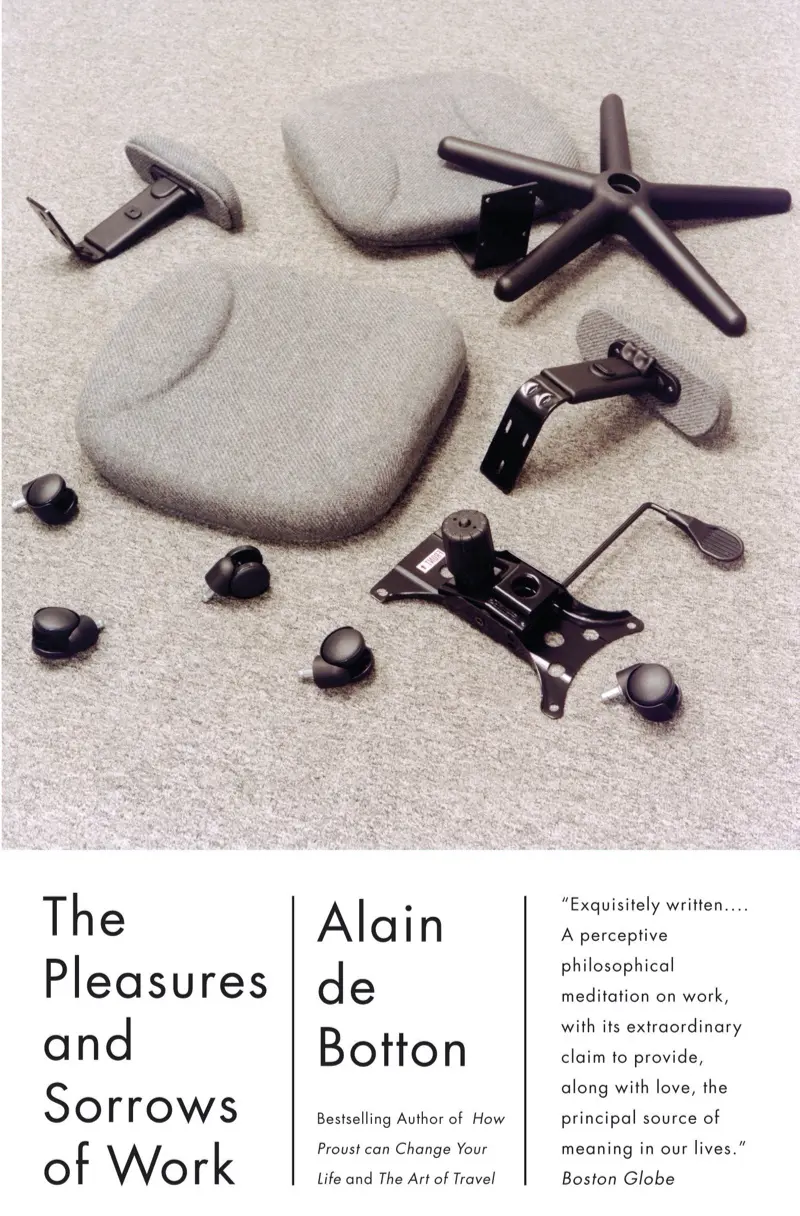
Michel Foucault. Photo by Bruce Jackson.
Speaking at a public lecture two years before his death, Michel Foucault introduced a new area of research which he called “technologies of the self”. Noting that he has “perhaps” focused “too much on the technology of domination and power”, Foucault says that he would now rather look at “how an individual acts upon himself.”
[T]echnologies of the self… permit individuals to effect by their own means or with the help of others a certain number of operations on their own bodies and souls, thoughts, conduct, and way of being, so as to transform themselves in order to attain a certain state of happiness, purity, wisdom, perfection, or immortality.
Following this definition, technologies of the self can be anything from reading, writing, exercise, and meditation, to plastic surgery, Instagram filters, and neural links. What makes Foucault’s framework so useful is that is allows one to look not only at individuals’ behaviors and aspirations, but the tools and practices they use to enact them, as well as the cultural contexts surrounding them.

I was brought back to Foucault’s work on this idea by Erik Davis’ amazing book, High Weirdness. Davis’ book recounts the psychedelic adventures of Terence McKenna, Robert Anton Wilson, and Philip K. Dick, weaving through and around their personal stories a larger narrative about media, psychology, and the limits of knowledge. Davis’ protagonists make use of their favored technologies of the self in order to do much of what Foucault sketched out in his initial formulation: attain a certain state of happiness, purity, wisdom, perfection and immortality.
I had a passing thought several years ago that if the zeitgeist of 1968 was “LSD and the Grateful Dead”, then 2018 was “modafinil and podcasts at 1.5x speed.” This tongue-in-cheek observation might serve as a useful entry point into several themes relevant to the study of technologies of the self.
I.
The particular operations a person can perform on themselves, the transformations they can entail, and the states of consciousness they can enable are countless. If we contrast the stereotyped “1968” experience — a cosmic consciousness free associating between disparate ideas, the boundaries of the self slipping away — and contrast it with “2018” — a hyper-focus on instrumental knowledge and achieving social and economic mastery through personal productivity — the yawning chasm between various modes of inner experience becomes apparent.
In both of these examples, we see the connection between technologies (synthesized drugs and recorded media) and the beliefs their users bring to bear on them. In turn, these individual practices are embedded within a set of cultural beliefs and traditions that create a framing for the experience.
None of that matters, though, for the person caught in the here-and-now of a technology they hope can transform their body or soul. They want to proclaim the truth of their experience and hasten the transformation. Davis’ description of Terence and Dennis McKenna’s struggles to square their belief in scientific naturalism with the received truth of their psychedelic experiences highlights precisely this dynamic.
Is it possible to suspend belief about whether a particular technology reveals something “true” and instead focus on what it has to tell us about the nature of human experience and the possibilities for personal change? I think so.
II.
Three interconnected claims: (a) Every technology brings with it a different range of possibilities for its use (b) Every person’s consciousness is shaped by the technologies they make use of (c) Every society is distinguished by how it values the technologies deployed within it.
As Foucault notes, the Stoic tradition emphasized mastery over oneself as the primarily goal of a philosophical education. The tools at the Roman’s disposal — reading and writing — were particularly good for this practice of careful concern over one’s thoughts and actions.

In contrast, the demands of productivity and the constant background noise of stress that shapes the lives of modern office workers led Alain de Botton to claim that “[o]ffice civilisation could not be feasible without the hard take-offs and landings effected by coffee and alcohol.”
Different technologies for different needs for different times. Which came first, the written word or careful consideration of one’s self? Coffee as an essential daily routine or the valuing of sustained attention? For any example we could give, it becomes nearly impossible to neatly separate cause from effect when looking at why certain technologies become popular in a particular time and place.
III.
Technologies of the self provides a particularly useful framework for looking at how people construct meaning in their lives and imagine an ideal self. You can browse my ongoing research on the topic.